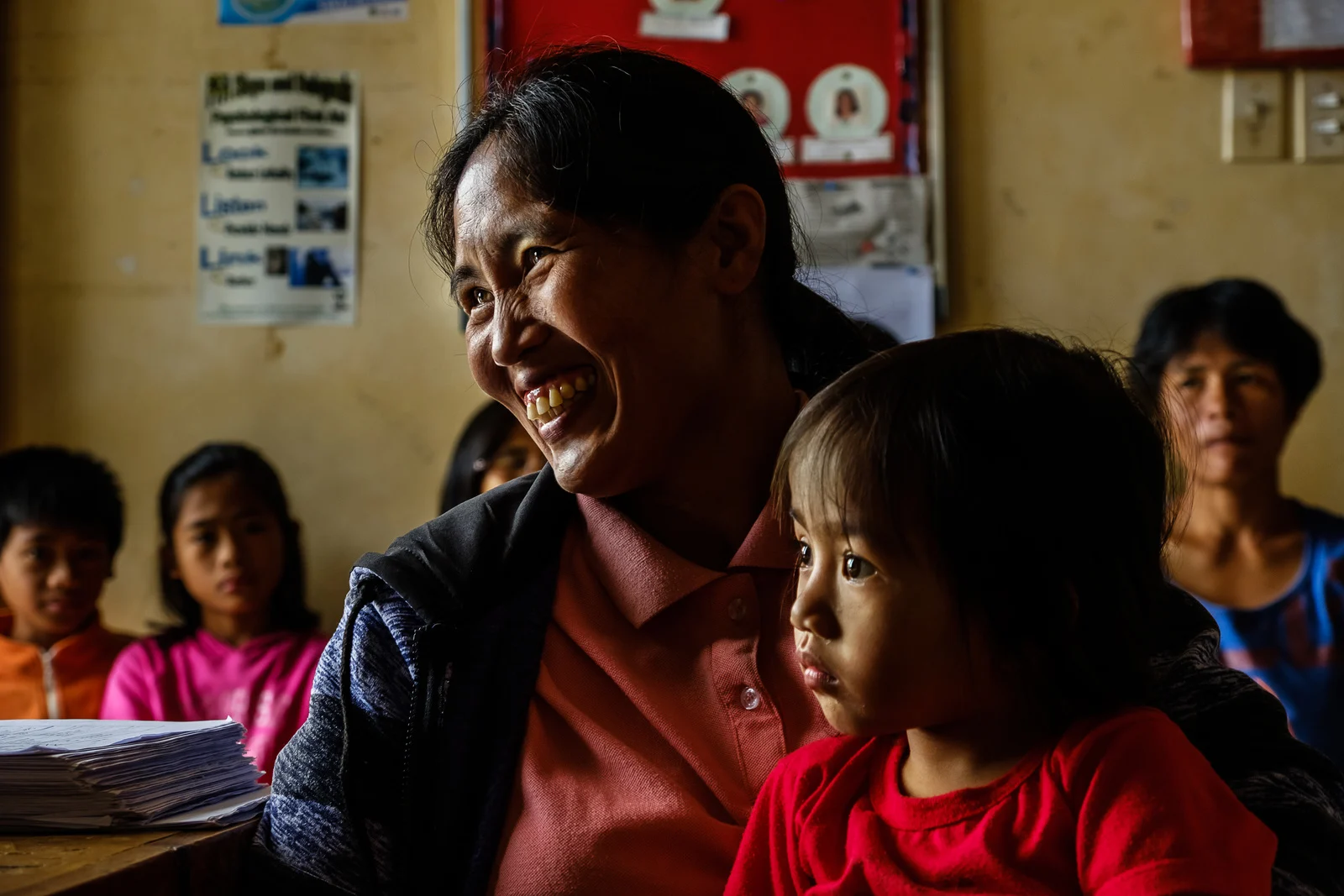Moving towards PHC
Recent events, including the COVID-19 pandemic, disease outbreaks, climate change and conflict in many parts of the world are relentlessly magnifying the consequences of neglecting the political, social and economic inequities that divide the world. Health for all – and health systems that protect everyone regardless of race, religion, gender or wealth – is both a human right and a prerequisite to achieving sustainable socio-economic development.
Primary health care is important because it is the foundation of a strong health system. It leads to more equitable access to health services and increases the capacity of countries to prevent, respond to and ensure equitable recovery from health crises.
Scaling up primary health care interventions across low- and middle-income countries could save 60 million lives and increase average life expectancy by 3.7 years by 2030. To support this objective, governments should strive to increase spending on primary health care by an additional 1% of gross domestic product (GDP).
To this end, WHO established the Special Programme on Primary Health Care, which provides a collaborative mechanism for primary health care implementation support to Member States. The Special Programme provides customized assistance based on national contexts and priorities, guided by the WHO-UNICEF Operational framework for primary health care.


